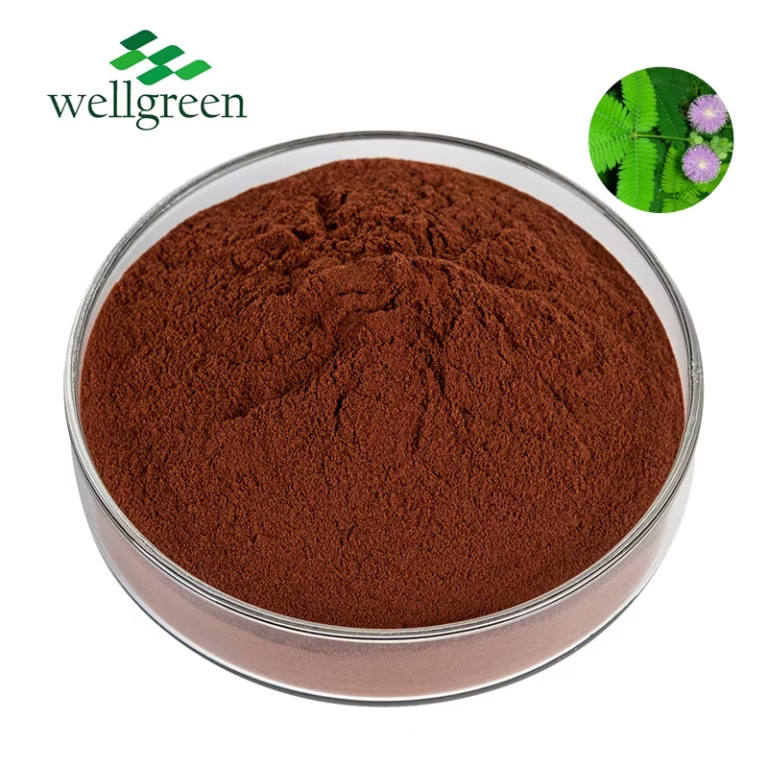
The root of this Amazonian plant, commonly known as quebracho blanco, have been employed for centuries in folk medicine across the Americas.
Ethnobotanical studies demonstrate the efficacy of M. tenuiflora compounds in treating a broad range of ailments, including infections.
Indigenous practitioners administer the root bark in diverse forms such as tinctures to alleviate symptoms.
Some key uses of M. tenuiflora encompass antimicrobial activity, and it is also thought to possess anti-inflammatory properties.
Phytochemical Analysis Mimosa tenuiflora Root Bark Extracts
This study focuses on evaluating the phytochemical content of Mimosa tenuiflora root bark extracts. The isolation methods employed involved multiple solvents, including ethanol. The resultant extracts were then subjected to a battery of analytical techniques such as thin-layer chromatography (TLC) to identify the predominant phytochemical molecules. Preliminary results reveal the occurrence of a range of secondary metabolites, including alkaloids, which are known for their biological properties. This comprehensive phytochemical analysis aims to provide valuable insights into the efficacy of Mimosa tenuiflora root bark as a source of herbal remedies.
Traditional Uses and Potential Medicinal Benefits of M. tenuiflora Root Bark
M. tenuiflora, a tree renowned for its remarkable root bark, has been used in traditional medicinal practices for generations. Indigenous tribes have long recognized the healing properties of this valuable substance. The root bark is customarily extracted and administered to address a spectrum of ailments, including inflammatory conditions.
Contemporary research is beginning to uncover the efficacy of M. tenuiflora root bark in delivering medicinal benefits. Studies have indicated that certain constituents present in the bark may possess anti-inflammatory properties, influencing its potential to fight a wide array of diseases. Additionally, preliminary research suggests that M. tenuiflora root bark may also possess cognitive-enhancing effects, though more thorough studies are essential to validate these findings.
Pharmacological Activity of Mimosa tenuiflora: A Review of Root Bark Studies
Mimosa tenuiflora, commonly known the jurema plant, has a extensive history of traditional medicinal practice in South America. The root bark of this genus is particularly regarded for its diverse therapeutic read more properties. Numerous researches have explored the potential actions of M. tenuiflora root bark, revealing a range of molecules with noteworthy biological influence.
- One aspect of particular focus is the immunomodulatory efficacy of M. tenuiflora root bark extracts.
- Initial data suggests that these extracts may modulate the inflammatory response, potentially providing alleviation from multiple inflammatory ailments.
- Furthermore, studies have demonstrated that M. tenuiflora root bark may possess free radical scavenging attributes, which could offer benefits to human health by counteracting oxidative damage.
The multifaceted nature of M. tenuiflora root bark composition and its potential for therapeutic treatments warrant further exploration. As research progresses, a more comprehensive understanding of the pharmacological activity of M. tenuiflora root bark may emerge, potentially leading to the development of novel and effective therapeutic interventions.
Extraction and Analysis of Medicinally Potent Molecules from *M. tenuiflora* Root Bark
This research focuses on the isolation of bioactive compounds from the root bark of *M. tenuiflora*. Numerous extraction methods, utilizing solvents, will be applied to purify a variety of extracts. The characterization of these extracts will involve assays like chromatography and chemical analysis. The biological activities of the isolated substances will also be evaluated using in vitro systems.
This project seeks to identify and characterize potent compounds from *M. tenuiflora* root bark with potential applications in drug development.
Examining the Anti-inflammatory and Antioxidant Properties of Mimosa tenuiflora Root Bark
Mimosa tenuiflora, commonly known as the Horse tree, is a shrub native to arid regions. Recent research has focused on its {potentialapplications for human health, particularly concerning its immunomodulatory and free radical scavenging properties. The root bark of Mimosa tenuiflora is a rich source of bioactive constituents such as alkaloids, which have been shown to exert potent effects against cellular damage.
- Studies have demonstrated that extracts from Mimosa tenuiflora root bark can significantly reduce the production of inflammatory mediators in both *in vitro* and *in vivo* models.
- Furthermore, these extracts have exhibited notable protective effects by neutralizing harmful free radicals, protecting cells from oxidative stress.
These findings suggest that Mimosa tenuiflora root bark holds promise as a {naturaltreatment for various inflammatory and oxidative stress-related conditions. However, further research is needed to fully elucidate its mechanisms of action and optimize its therapeutic potential.
